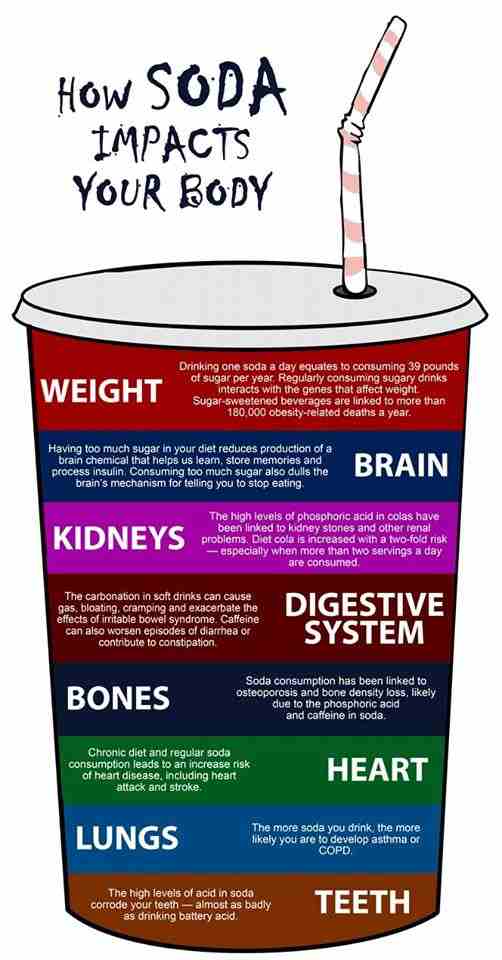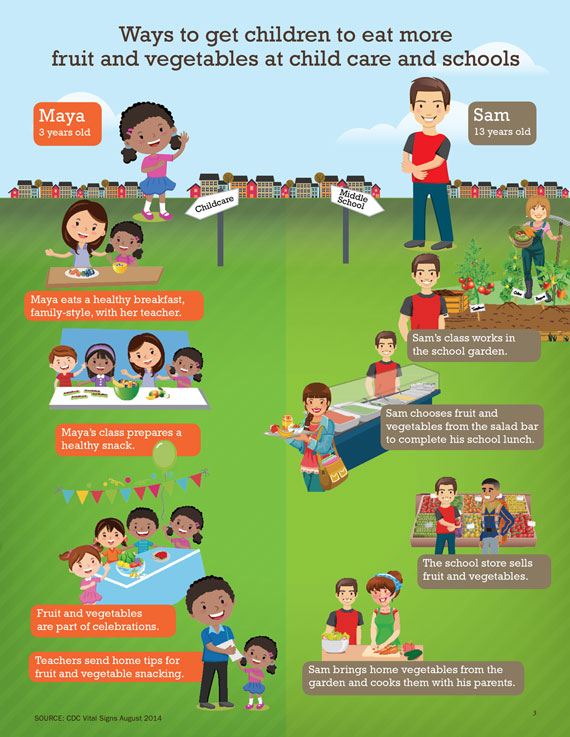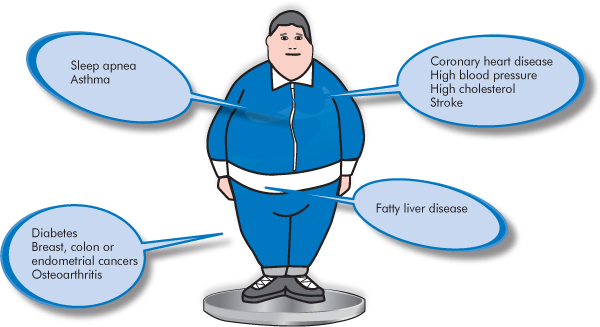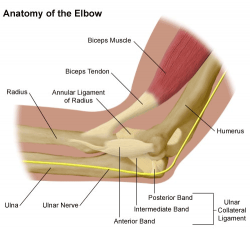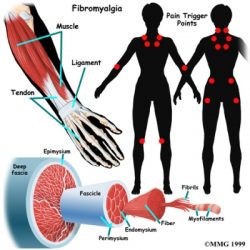Childhood obesity rates are now at alarmingly high levels, with almost one out of five children and adolescents being obese. This health concern does not bode well for society today, as scientists believe that the current generation of children may be the first to have a lifespan shorter than that of their parents. High blood pressure, breathing problems, and type 2 diabetes are just a few of the negative effects of childhood obesity.
How is Obesity in Children Measured?
Body mass index is the best method to determine if an individual is obese or over. In children, BMI is determined using the child’s height and . The child’s status is determined using his or her age and sex. The method is different from that used for adults because a child’s body composition varies with age, and between boys and girls.
Health Effects of Childhood Obesity
Obesity in children can have a number of harmful effects. Children who are over or obese can suffer from:
- High blood pressure
- High cholesterol level
- Type 2 diabetes
- Sleep apnea
- Asthma
- Dyspepsia or gastro-esophageal reflux (heartburn)
- Liver problems
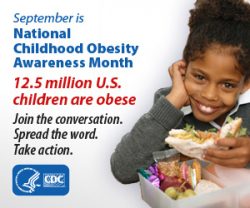
Many of the diseases mentioned above used to affect adults only, but with the increasing rates of childhood obesity more and more children now suffer from these diseases. Obese children are likely to suffer from type 2 diabetes as a consequence of insulin resistance or insulin deficiency.
Obese children are also likely to have high cholesterol levels and hypertension (high blood pressure). These medical disorders are risk factors for cardiovascular disease. Likewise, obesity can cause breathing problems such as asthma or sleep apnea. Overly obese children and adolescents can also suffer from metabolic disorders, liver disease, gallstones and joint problems.
Psychological and Emotional Effects of Childhood Obesity
Childhood obesity can have damaging psychological and emotional effects on children who are at a vulnerable age. Obese children are often teased and bullied by their peers, and can suffer from social discrimination and low self-esteem. As a consequence, they may react by misbehaving or becoming anti-social.
In a society that places great importance on being thin, beautiful and athletic, obese children are often socially ostracized and bullied. They can suffer from anxiety and as a result do poorly in school.
Health Risks in the Future
Obese children are more likely to grow into obese adults in the future. In addition, they can also suffer from -related problems much sooner. As a consequence of childhood obesity, people can have a heart attack as early as their 30’s or 40’s. Childhood obesity also leads to diabetes as well as some forms of cancer in adults.
What You Can Do Now
The obesity rate is now at a level where it has become a major contributor to chronic disease and disability worldwide. The level is highest in developed countries, where obesity is now recognized as a grave concern to public health. A healthy and balanced diet can help control obesity.
Children must be encouraged to engage in regular exercise and physical activity. The effects of childhood obesity are too serious to be ignored. In severe cases, medical care may be required and treatments such as liposuction or stomach bypass surgery may have to be considered.
